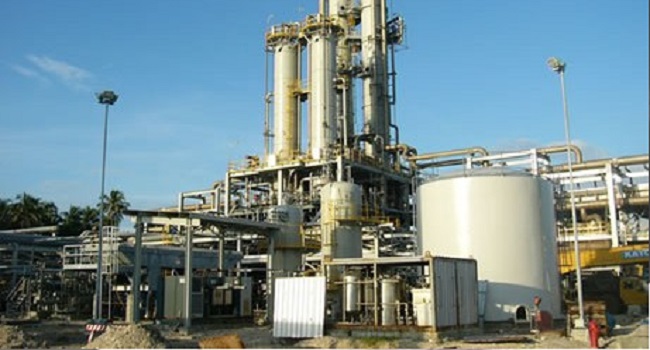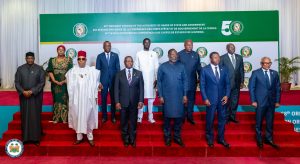Nigeria has long grappled with ambitious infrastructure projects that have drained billions from its coffers, often yielding little to no benefit due to corruption, inefficiency, and poor planning. Below, we examine four prominent examples in the steel and petroleum refining sectors, highlighting their staggering costs and reasons for being deemed wasteful.
Ajaokuta Steel Project
Initiated in 1979 to foster industrial self-sufficiency, this steel venture has consumed an estimated $8-10 billion over more than four decades, with equivalent Nigerian naira costs approximating ₦11.92-14.9 trillion. Annual salaries and pensions for idle staff exceed ₦1 billion, despite the plant never producing a single tonne of steel. Plagued by corruption, mismanagement, and costly legal settlements—including a $495 million payout—the project remains incomplete, forcing Nigeria to import steel at an annual cost of $4-8 billion. Reviving it would require an additional $2-5 billion, underscoring a profound failure in execution.
Port Harcourt Refinery Rehabilitation
As part of broader efforts to rehabilitate Nigeria’s refineries, which have collectively absorbed $20-25 billion over decades, the Port Harcourt facility received a $1.5 billion contract, with probes revealing disbursements of around $1.56 billion. In naira terms, this includes ₦17.2 billion plus the equivalent of $98 million, contributing to a total refinery rehabilitation expenditure of ₦11.35 trillion across 10-13 years for all three major plants. Restarted in 2024 after upgrades, it shut down within six months for further maintenance. Outdated technology yields substandard, high-sulphur fuel, while repeated turnaround maintenances have failed amid corruption allegations, perpetuating reliance on fuel imports and subsidies.
Warri Refinery Rehabilitation
This refinery’s recent rehabilitation cost $897.6 million, including partial payments of $656,963, as part of a $1.48 billion package shared with Kaduna. It forms part of the ₦11.35 trillion total spent on all refineries. Operations resumed in 2024 but halted within a month, reflecting a history of prolonged inactivity, ineffective maintenances, and operational inefficiencies. Despite the investment, workers remain idle, exacerbating economic losses and Nigeria’s dependence on imported petroleum products.
Kaduna Refinery Rehabilitation
Allocated $586.9-740.7 million in recent funds—part of the $1.48 billion combined with Warri—this project also draws from the ₦11.35 trillion overall refinery budget, with specific works totalling around ₦2 trillion. The refinery stays largely inactive, beset by corruption investigations into fund disbursements. With negligible output and ongoing costs for non-productive staff, it exemplifies the systemic failures in Nigeria’s refining sector, further straining the economy through import dependencies.
These projects illustrate a pattern of squandered resources, where vast sums have failed to deliver sustainable benefits, instead fuelling debt and import reliance. Addressing such inefficiencies is crucial for Nigeria’s economic revival.






